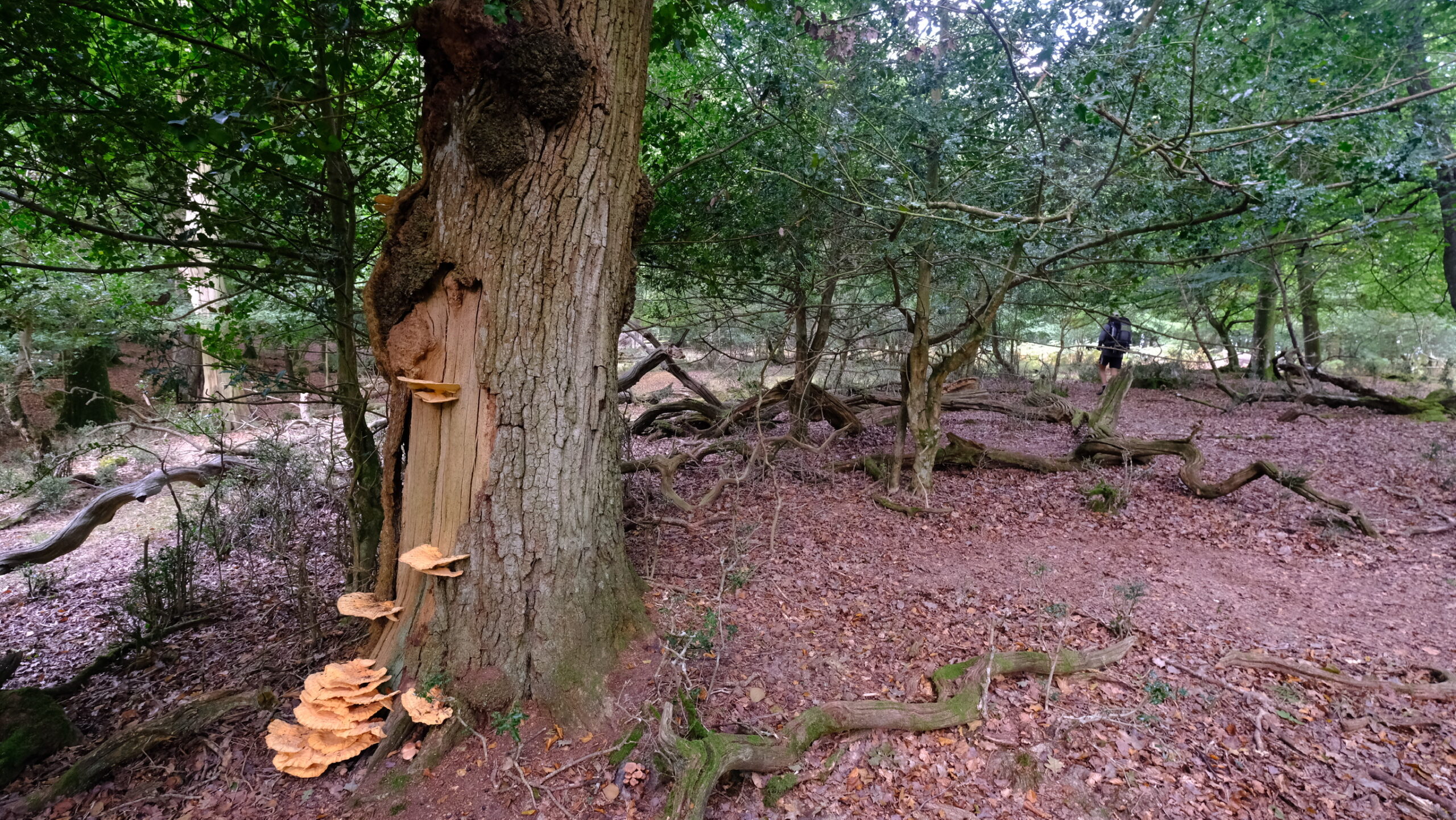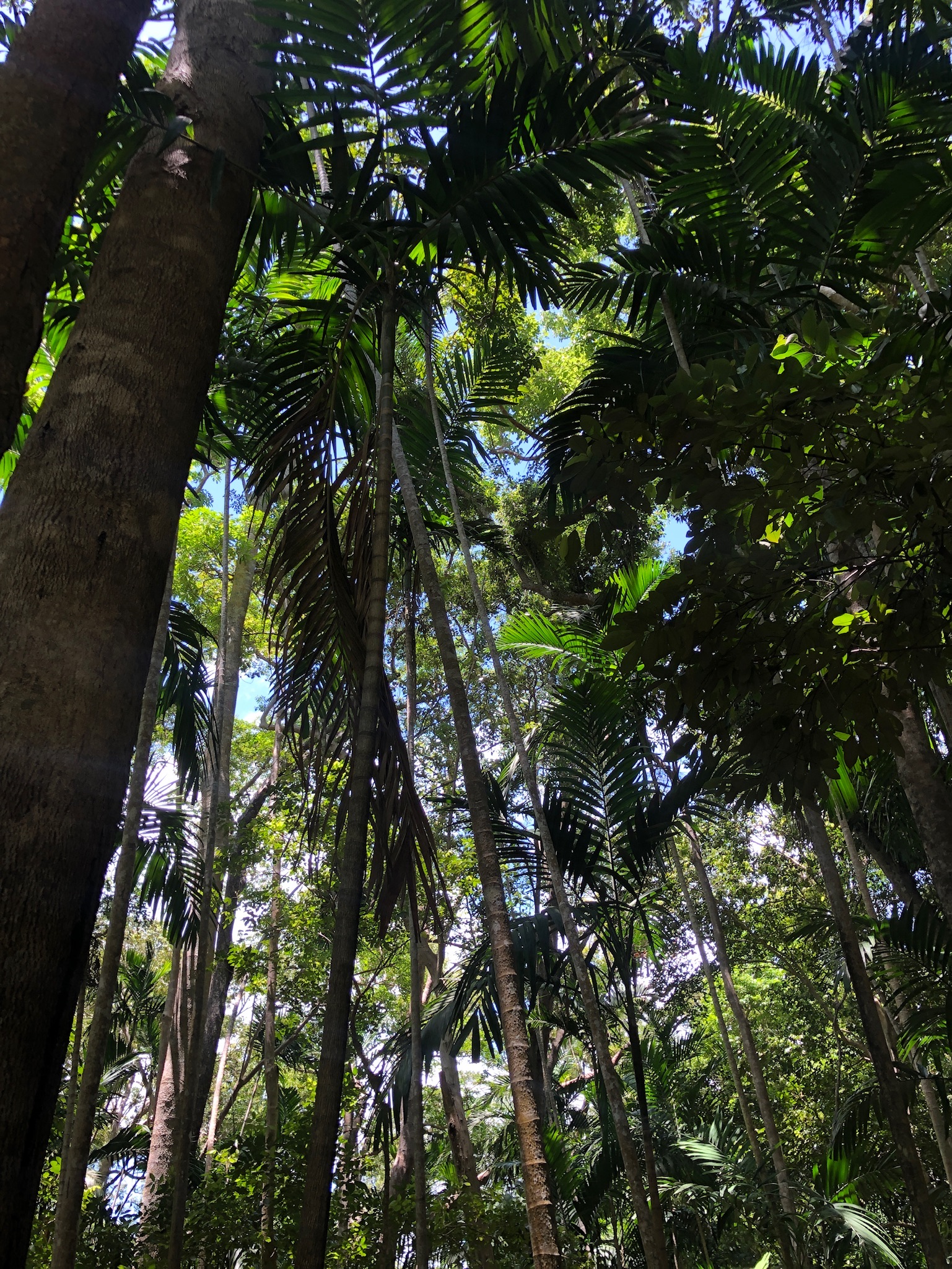Eating wild
In an effort to improve our health and wellbeing through our relationship with food, Amber and I make an effort to incorporate wild grown plants and fungi into our diet wherever possible.
We are still learning and improving our skills every single year, with more and more plants and fungi species finding their way onto our plates each season.
Wild foods offer two incredible benefits. One benefit for us and one for the planet. We benefit from consuming the nutrients of a food with the resilience and defences to survive in the wild. The planet benefits because we are eating food produced outside of agriculture. Food produced in the wild is effectively grown with free sunlight, and free water as wild plants have to utilise the resources available, with no additional support from humans.
I consider wild food to have played a role in my path to remission for Crohn’s, and I plan to increase how much of my diet I supplement from the wild in the future. Is there a possibility for wild food to play a greater role in humanity’s wider relationship with food?

Hawthorn berry's foraged in late-Summer
What if a bird pee’d on it?
On a recent trip to the Lake District, we were foraging Wood Sorrel (a delicate little edible that tastes like Apple), and I was challenged by somebody walking past that we should not eat wild food as a bird might have pee’d on it!
Now my initial urge was to quickly explain that birds do not, in fact, “pee” and that if a bird had passed any urate, it would have been impossible to miss (urate is how birds expel liquid from their body and is the white part we see in bird poo).
Instead, I chose to do nothing. In this small instance, we took some level of risk by choosing to eat food that we had not sufficiently washed or cooked. But, we have evolved with an intimate relationship to the wild food on our landscape, and our ancestors would simply not have survived if the risks of grazing on wild foods were higher than the benefits.
We have become so comfortable in our sanitised world, whilst our microbiomes are crying out for the variety found only through a diverse relationship with all forms of nature.
This is not the first time I have been met by similar comments when foraging. Although usually, people warn me about dogs instead of birds!

Mushrooms foraged from the forest
Supplement your diet
I am not saying that we should all go outside and start eating wild foods raw without washing them. However, as a society, we can do more to understand the value of our wild food and the place it can have in our diets.
Wild food contains unique sources of vitamins and nutrients simply not found in the domesticated plants, animal and fungi that line the walls of our supermarkets.
Fungi, in particular, offer incredible health benefits due to the fact that humans and fungi share a common ancestor. All of the valuable nutrients in mushrooms can be absorbed and used in the same way by us humans. Have you ever eaten wild mushrooms?
Food is a personal journey, and my journey introduced me to wild food and the benefits that they can have on both my health and the health of the plant.
Where will your food journey take you?










